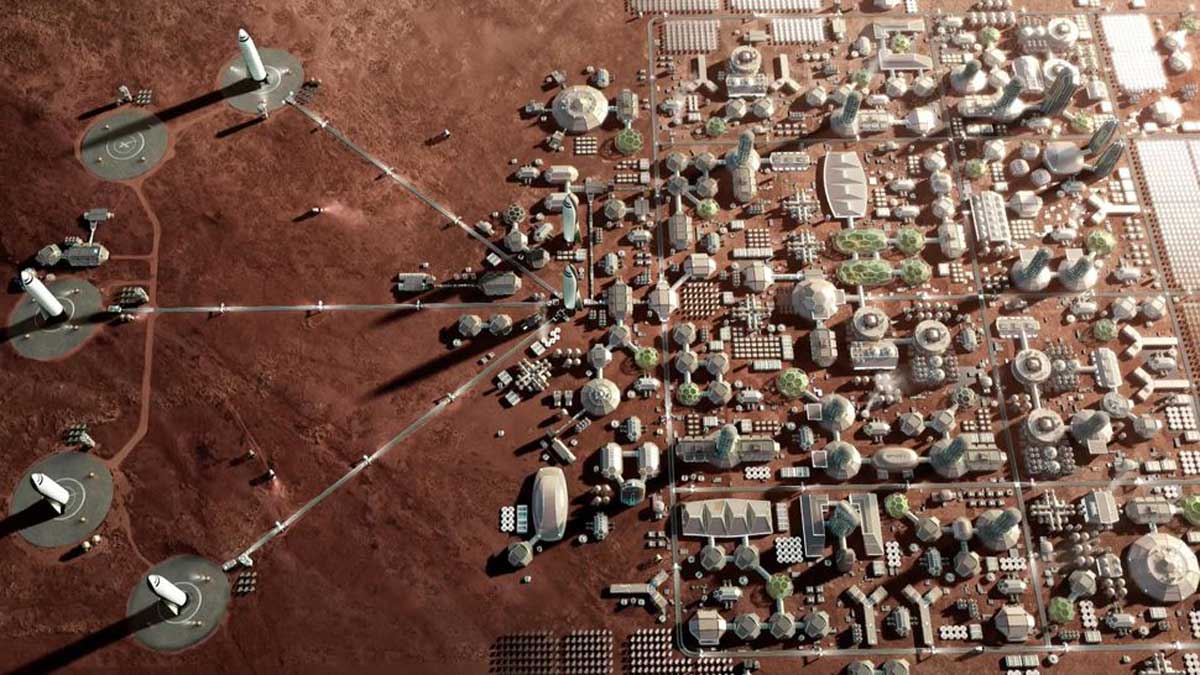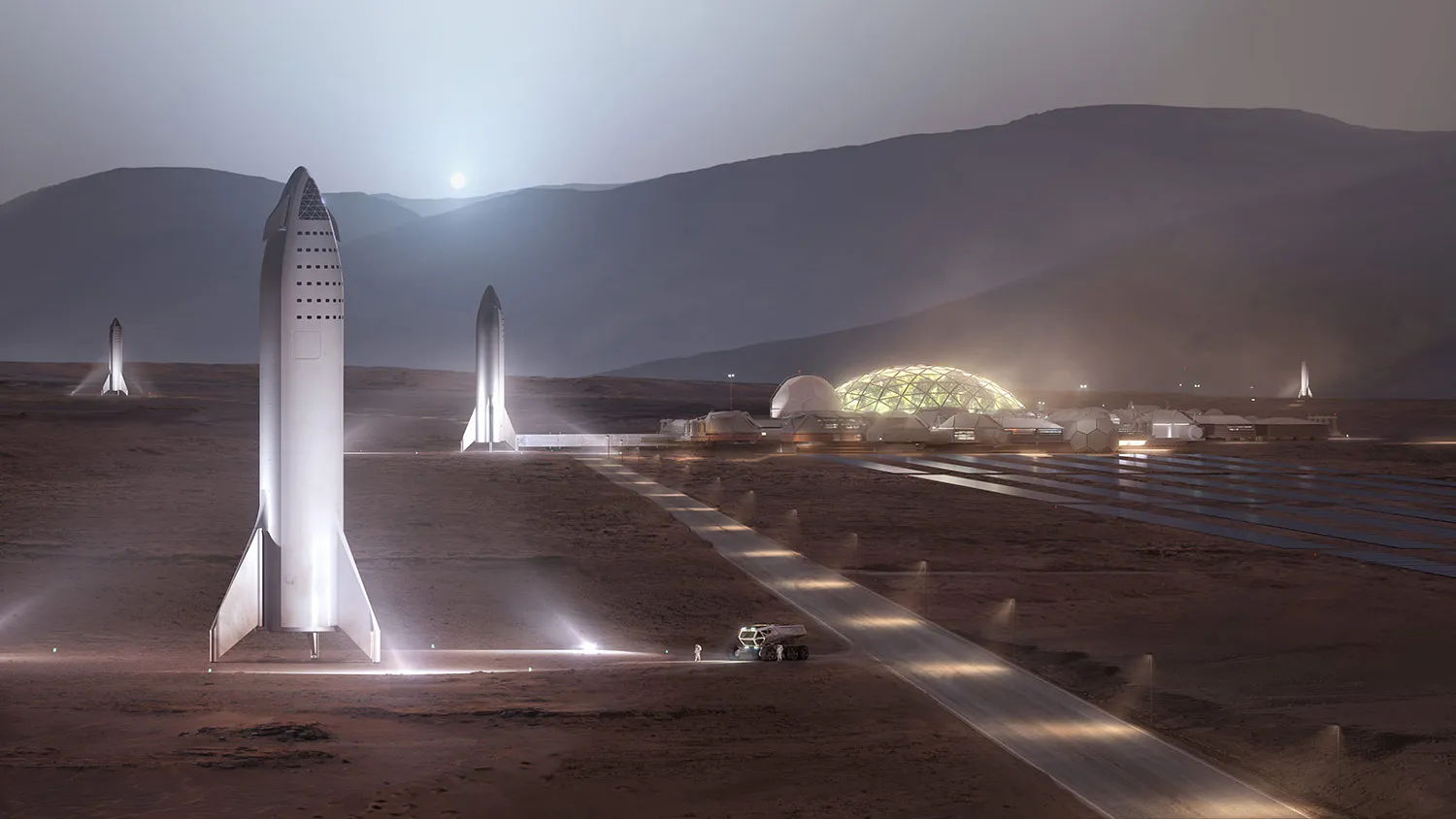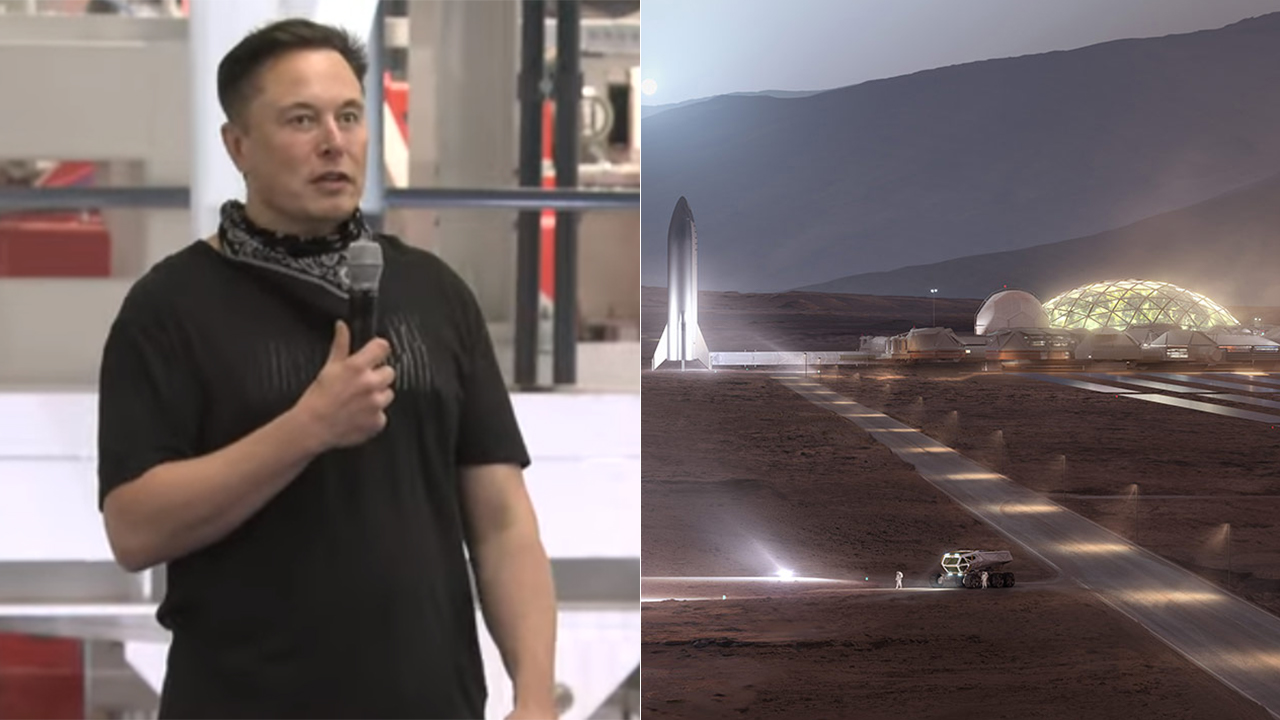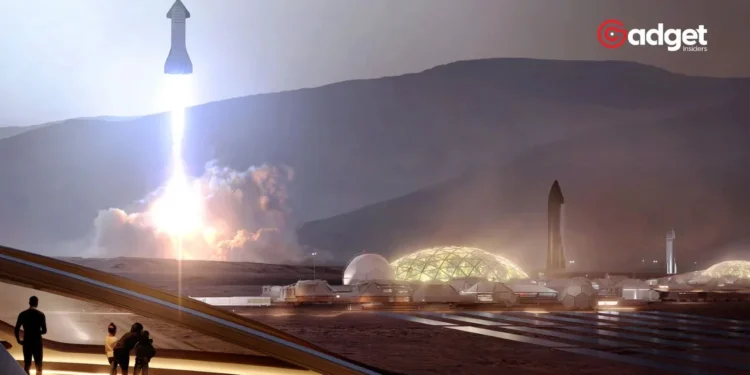Elon Musk, the visionary CEO of SpaceX, has once again captured the world’s attention with his audacious claim that humans could be living in a city on Mars in as little as 30 years. This bold prediction aligns with his long-standing ambition to make humanity a “multi-planetary species,” a goal that has both thrilled space enthusiasts and sparked widespread debate.

In a recent interaction on X (formerly Twitter), Musk responded to a user’s comment about the proximity of human landing on Mars by outlining a timeline that sees uncrewed missions in less than five years, human landings in less than ten, and the potential rise of a Martian city in 20 years. “But for sure in 30, civilization secured,” Musk tweeted, reinforcing his vision of interplanetary colonization as a hedge against existential risks to humanity on Earth.
This statement is part of a series of comments where Musk has elaborated on his plans for Mars colonization. Earlier in February, he discussed his “game plan” to relocate one million people to Mars, underscoring the development of SpaceX’s Starship—the largest rocket ever built—as a critical component of this endeavor. “We are mapping out a game plan to get a million people to Mars. Civilization only passes the single-planet Great Filter when Mars can survive even if Earth supply ships stop coming,” Musk remarked.

Public Reaction and the Feasibility of Mars Colonization
The reactions to Elon Musk’s ambitious plans have been a mix of awe and skepticism. Social media users express a range of emotions from excitement to disbelief, with one user hoping to live long enough to see the advancements, while another marvels at the rapid progress in technology, saying, “Between AI, VR and now Mars? I didn’t expect any of them to happen in my lifetime. It’s pretty incredible.”
Critics and supporters alike are watching closely as SpaceX continues its developments in space technology. The feasibility of Musk’s timeline involves significant technical, physiological, and financial challenges. The idea of building a sustainable human settlement on Mars involves overcoming immense obstacles related to life support, radiation protection, and the psychological toll of long-duration space travel.
The Broader Implications of a Multi-Planetary Human Species
Elon Musk’s pursuit of a Mars colony is not just about scientific and technological achievement; it’s about ensuring the long-term survival of human civilization. By establishing a self-sustaining city on Mars, Elon Musk aims to provide a “plan B” for humanity in the face of potential global catastrophes.
The implications of such a plan are profound, influencing future generations’ outlook on life, space, and our place in the universe. It raises significant questions about the governance of off-world colonies, the ethical dimensions of space colonization, and the socio-economic impacts of such monumental endeavors.

Elon Musk’s Mars Vision: Shaping Tomorrow
As we look to the future, Elon Musk’s vision of a city on Mars serves as a beacon for what might be possible. Whether his 30-year timeline is achievable remains to be seen, but the journey towards it will undoubtedly inspire new technological innovations and could fundamentally alter our understanding of human potential and resilience. As the world watches, the dream of a multi-planetary existence continues to unfold, one milestone at a time.










